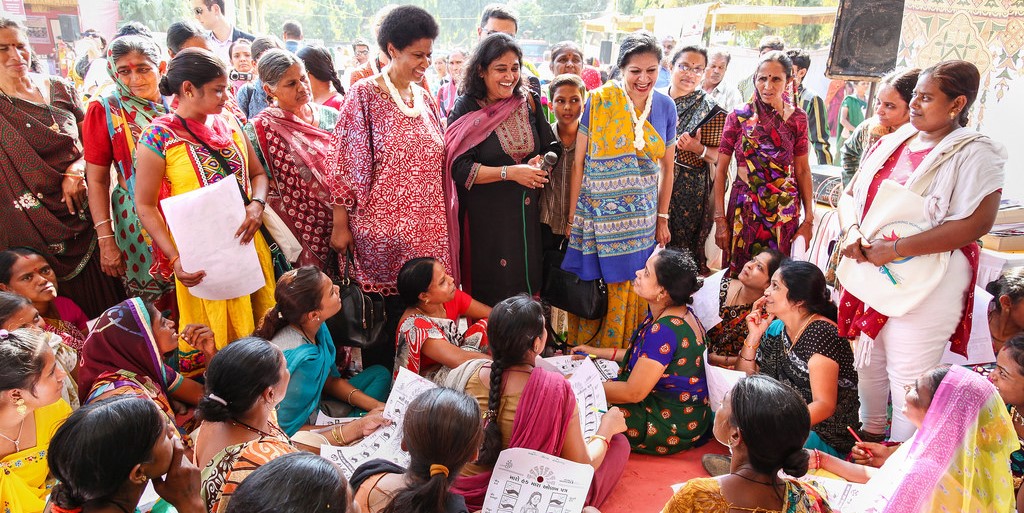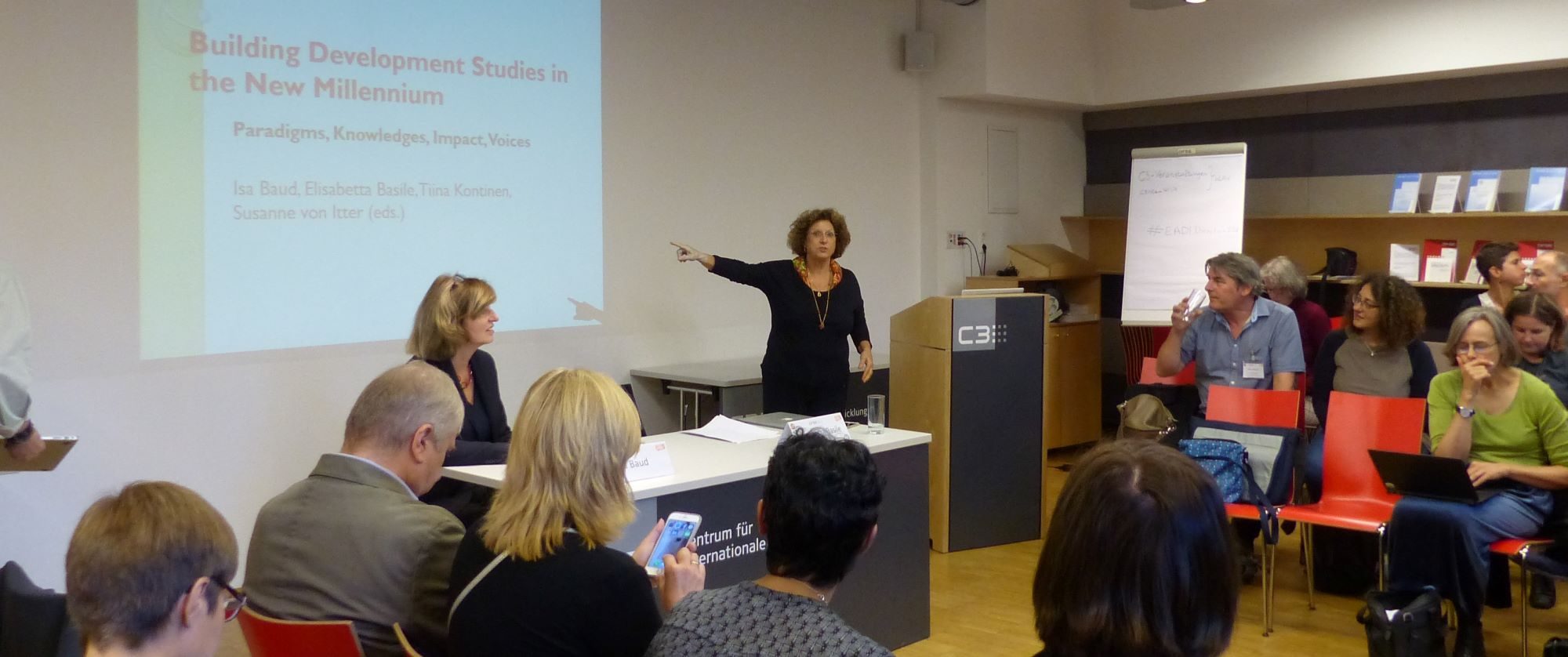By Henning Melber
Rather than summarising my chapter on “Knowledge Production, Ownership and the Power of Definition: Perspectives on and from Sub-Saharan Africa” in Building Development Studies for the New Millennium, I’d like to offer some additional thoughts I am dealing with since I wrote the piece. These thoughts are motivated by the view that that such asymmetries are not a matter confined to North-South relations and/or promoted by a specific group of “dominators” alone. Continue reading “Knowledge, Asymmetric Power Relations and Us”





